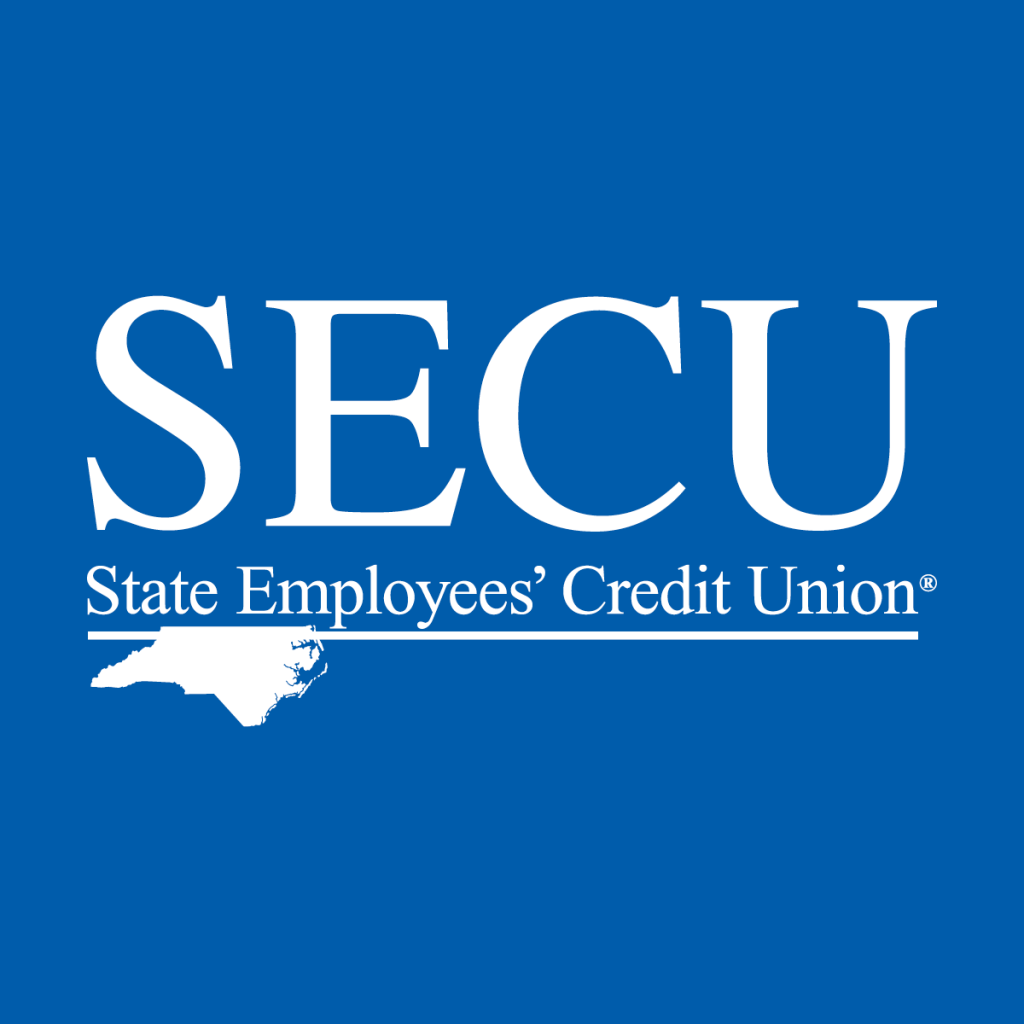Jump Start Your Career with an Internship
An internship is one of the most impactful experiences a student can undertake while in college. Internships provide the opportunity to test out an industry of interest, meet people in the field, and apply classroom learning in the real world. Schedule an appointment with the Career Center to update your resume, work on your cover letter, practice interviewing, and make sure you stand out as a candidate.
73%
65%
63%
Unlock possibilities with the UNC Asheville Internship Program
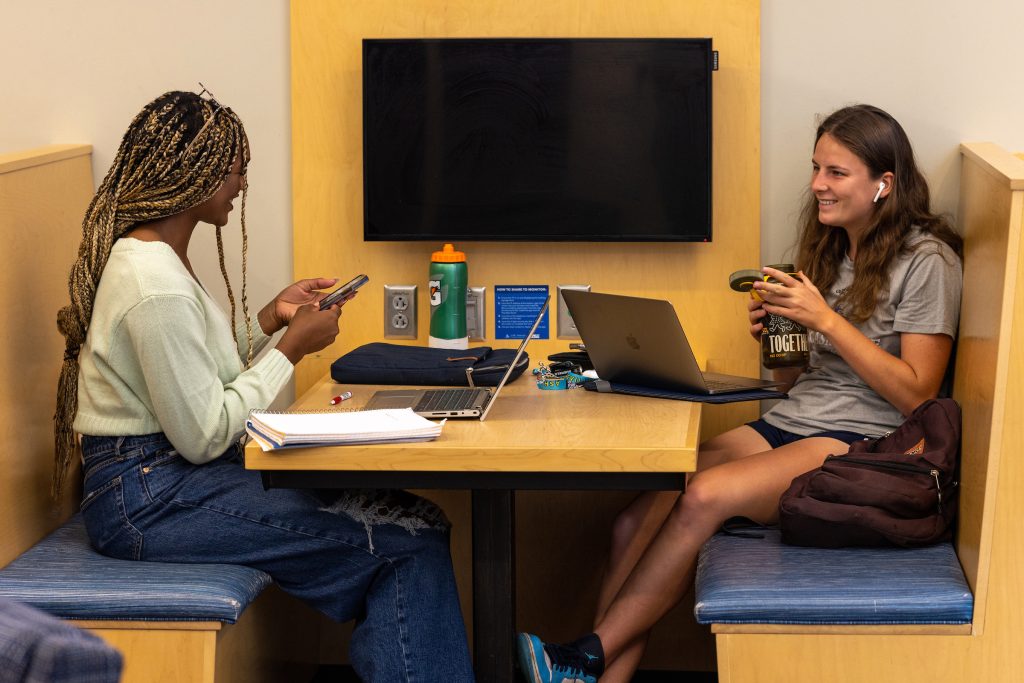
The Internship Program is here to make your search for a meaningful internship hassle and barrier-free. The program will match you with an employer internship opportunity in the local area. To participate in the Internship Program, you must have 60 completed college credit hours and still be a student at UNC Asheville (meaning not graduated) while working the internship. The Internship Program is offered each fall and spring semester as well as over the summer. All internships will be funded. If the site’s opportunity is unpaid, the Career Center will pay your wage through our Internship Assistance Fund.
Please contact Grace Champion, Internship Program Manager, at gchampi1@unca.edu with any questions.
Summer 2026 Internship Program
Registration for the Summer 2026 internship program will open January 22 at 8am. At that time, you can register here.
Eligibility:
For this program, you must:
- Have completed at least 60 college credit hours upon registration
- Still be enrolled at UNC Asheville this summer while working the internship
Timeline Overview:
- January 22: Student registration opens
- January 31 & February 1: Attend required workshop
- February 26: Applications due
- March 2: Applications sent to sites
- March 3-20: Interviews with internship sites
- April: Distribution of internship offers
- May: Internships commence
The internship will span the summer semester and can span anywhere from 8-40 hours a week depending on the opportunity. Participation in a comprehensive preparation workshop is also required this semester in February.
Are you an employer interested in hiring a UNC Asheville student intern? Email hirebulldogs@unca.edu to get involved!
State Employees Credit Union Public Fellows Internship Program
The UNC Asheville Career Center administers the State Employees Credit Union (SECU) Public Fellows Internship Program for summer internships thanks to a generous grant from the SECU Foundation. This program aims to utilize our students’ liberal arts and sciences education to benefit high-quality nonprofit and government organizations focused on improving life in rural North Carolina for a diverse array of residents. Students accepted to the program complete a 3-credit hour interdisciplinary internship course, IST 325, while interning full-time at a nonprofit or government organization earning $16.50/hour.
To be eligible to apply, students must meet the following criteria:
- Current UNC Asheville student with a minimum of sophomore standing at the start of the internship
- Resident of North Carolina
- Minimum cumulative GPA of 2.5
Employers: Are you a non-profit or government agency interested in hosting an intern for the SECU Public Fellows Internship Program? This program runs from May to August and requires the student to complete a minimum of 300 hours on-site. Students are paid $16.50 per hour through UNC Asheville payroll and must enroll in a corresponding internship course for credit. Host site applications are usually due in December. To learn more and for next steps, please email career@unca.edu.
Academic Credit & Internships
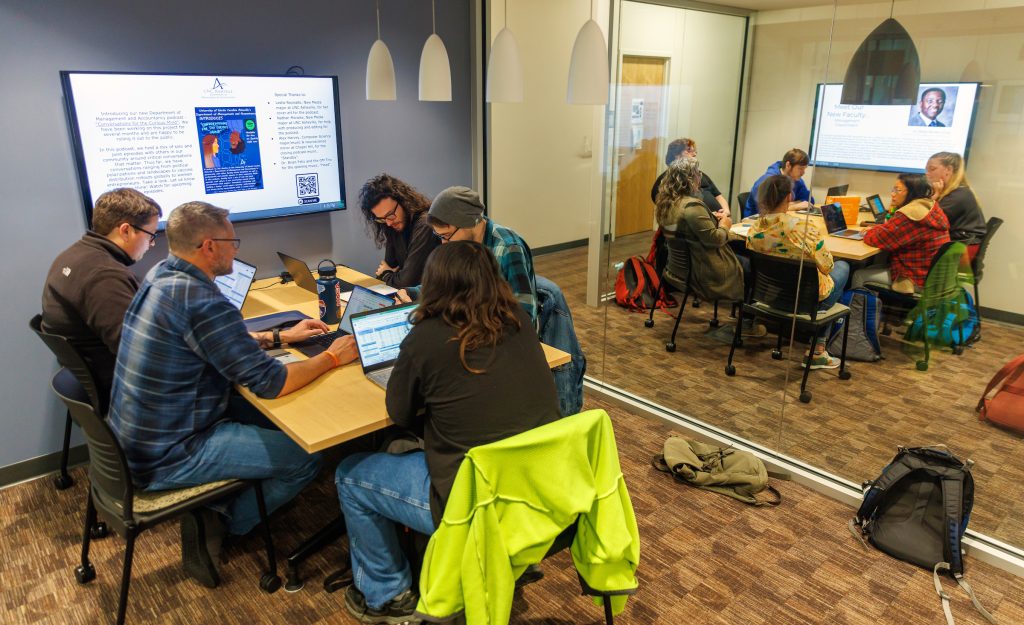
Students can complete an internship with or without academic credit. For students who want to earn academic credit for their internship, there are two options: major-specific credit and elective credit. We can walk you through your options and understand the requirements to make the most out of your internship experience. Please note that academic credit, whether or not it is major-specific or an elective, must be earned during the period of the internship and cannot be awarded after an internship is complete.
It is up to each academic department to determine whether or not to award major-specific academic credit for an internship. If you are considering an internship, consult with your academic advisor or your department’s internship faculty coordinator to see how it fits within your course of study.
Internship Requirements
To formalize the internship arrangement between the student, employer, and university, it is critical to have all parties sign an internship agreement form. The UNC Asheville Internship Agreement includes the minimum standards required according to the UNC Asheville Internship Policy for Credit-Bearing Courses. Individual academic departments may choose to add additional requirements.
Internship Evaluations
An important component of the intern’s professional development is the opportunity to receive feedback directly from an employer. Host agency supervisors are asked to complete a midterm and final evaluation of the intern. At the end of the internship experience, student interns are asked to complete an evaluation of the host agency. This feedback will help the faculty supervisor evaluate and improve the internship experience.
Internship Learning Objectives
The purpose of an internship is to engage students in activities designed to address or meet the student’s professional needs, where students learn job preparedness skills and learning is intentionally linked to academics. At the beginning of the internship, the student (in collaboration with the host agency supervisor) will develop a set of learning objectives.
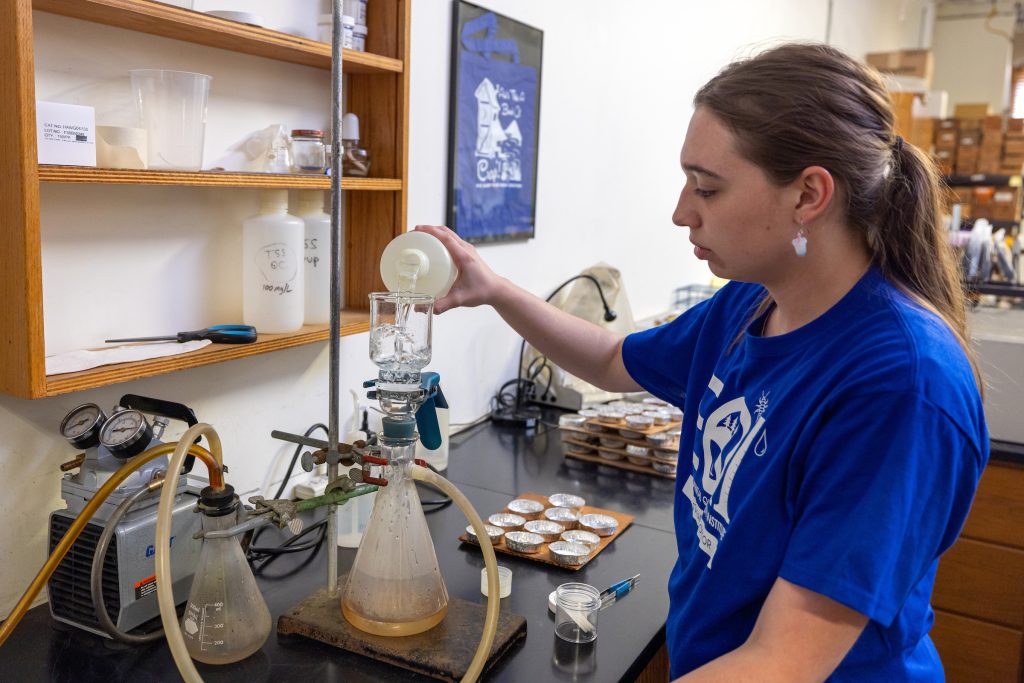
Academic Learning
The student applies and tests knowledge learned in the classroom to the workplace.

Skill Development
The individual gains an understanding of the skills and knowledge required for success in the workplace.

Career Development
The student advances knowledge of the qualifications and duties of a position and can explore their interest in a field.

Personal Development
The student develops decision-making and critical thinking skills, and increases confidence and self-esteem.
Learning objectives are statements of the specific and measurable knowledge, skills, attributes, and habits interns are expected to achieve and demonstrate as a result of their experience. When creating learning objectives, consider these career readiness competencies developed by NACE (National Association of Colleges and Employers). A measurable learning objective includes the following:
- Completes this sentence: “Upon completion of this internship, I will be able to…”
- Begins with an action verb. Avoid words like “understand, learn, or know.”
- Precisely describes behavior that can be observed or evaluated.
- Lists specific assignments and projects that support the desired learning objective, including necessary resources.
- Sets a target date for completion and a method of evaluation.
The learning objectives are part of a learning contract that is signed by the intern, host agency supervisor, and faculty supervisor.
Internship Elective Courses Offered by the Career Center
Students of all majors are encouraged to enroll in our elective courses for academic credit. If you have any questions about these courses please reach out to us at career@unca.edu and be sure to connect with your academic advisor in the Academic Success Center.
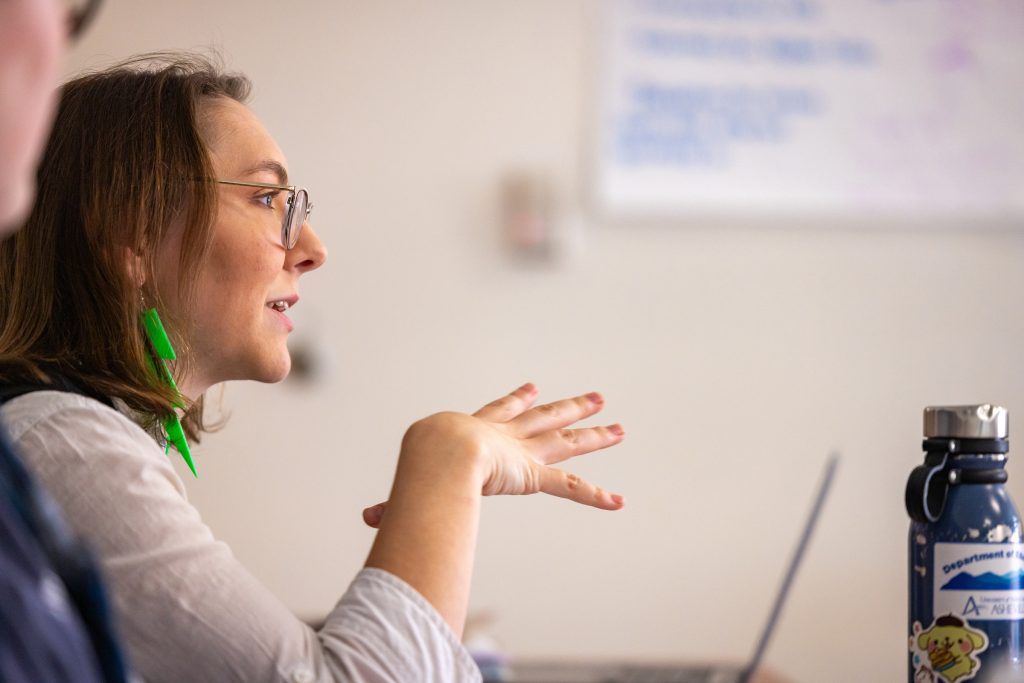
IST 325: Internship Experience Elective Course
This 1-4 credit elective course is offered every spring semester and summer session. The course is designed for students participating in exploratory internships to clarify and/or advance their career goals. It provides a structured and guided learning environment to help students make the most of their internship experience. Course components facilitate students’ professional development, focusing on the transition from the role of a student to the role of a professional.
Students must have an internship secured with a completed Internship Agreement. Within the course dates, students must document 35 hours per credit at their internship site. Hours worked before the course starts or after the course finishes cannot count towards the hours.
Liability Insurance for Student Interns
Students participating in structured internship experiences either through an academic program or a department such as the Career Center are eligible for general and professional liability insurance. Here is more information on how to purchase liability insurance at a low cost through The University of North Carolina Student Intern Program. The cost is $12 per semester. Participation is strictly voluntary unless required by your internship site or academic program. For more information, contact Andrea Jackson, at 828.251.6560.
International Students and Curricular Practical Training
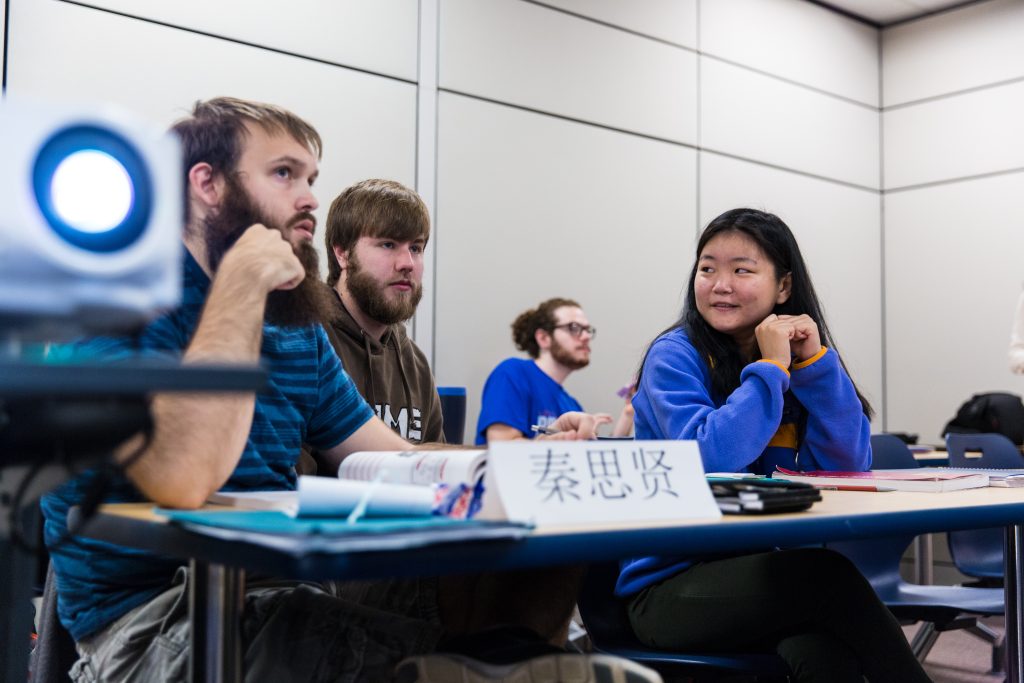
International students have the option of completing Curricular Practical Training (CPT), a type of work authorization that allows for off-campus work that directly relates to a student’s degree program and an academic credit-bearing course. If you need more information or have additional questions, please contact the Study Abroad Office.
CPT may be authorized as part-time (maximum of 20 hours per week) during the Fall and Spring terms or as full-time (no maximum hours per week) during the summer term or during the fall/spring if the degree program has a mandatory requirement for students to complete more than 20 hours of work per week (for example, student teaching) Full-time training may also be offered after completion of regular coursework while enrolled in a graduate thesis or final project. In order to be eligible for CPT, you must be an active F-1 status for at least one academic year (one fall and one spring term or vice versa). CPT authorization will affect your Optional Practical Training (OPT) if you have worked full-time for one full year.
How to Apply
To apply for Curricular Practical Training, Submit the following documents to the Study Abroad Office:
- CPT Application: This must be signed by you and by the department chair of your academic major or program.
- Copy of Course Syllabi
- Job Offer Letter: This must indicate the number of hours you will work, what your job duties will be, and the dates of employment.
Your CPT approval will appear on the third page of your Form I-20. The Study Abroad Office will contact you via email or phone to let you know when your new I-20 is ready for you to pick up.
CPT Academic Requirements
Curricular Practical Training may only be approved if you are getting academic credit for off-campus work. As reflected in its name, CPT is meant for students to gain practical training or experience in their field of study as related to their academic curriculum. CPT will be authorized for the duration of the term during which you are registered for the related course. Some UNC Asheville courses that may count for CPT are internship courses, practicums, field studies, or independent studies. Each of these courses must be approved by the department chair of your academic major or program. If the academic department chair is not willing to approve registration for a course, then CPT cannot be approved.
Internship Resources
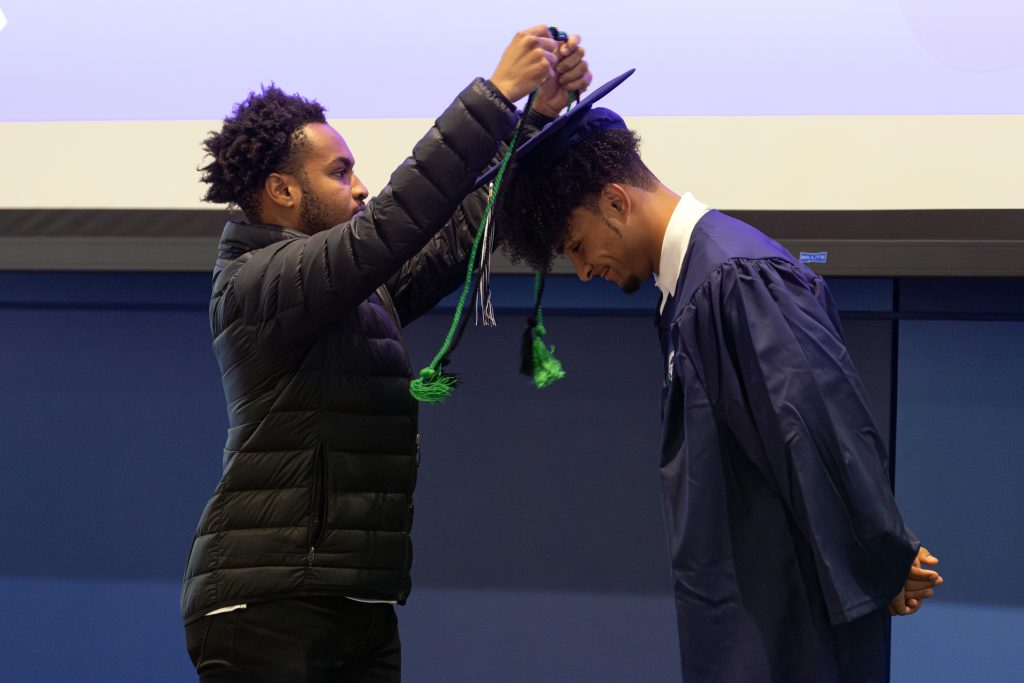
The Walker Family Fund
The Walker Family Fund financially supports first-generation UNC Asheville students completing an unpaid internship off-campus in the United States during the summer. Applications for this fund for Summer 2026 will open in December. To apply, students must meet the following criteria:
- 30 completed credits by the end of the fall semester
- Enrolled at least part-time for the semester of their internship
- In good academic standing with a minimum GPA of 2.5
- Be a first-generation college student (student’s parent(s)/guardian(s) did not complete a post-secondary degree)
- Demonstrated financial need
- Demonstrated commitment to supporting their career development through an internship
Internship FAQs
Important Links
Agreements and Policies
Additional Applications
Contact Us
Schedule an appointment in Handshake. Drop-ins are welcome Monday-Friday from 12 to 3 p.m. during the fall and spring semesters when classes are in session.
| UNC Asheville Career Center |
| Ramsey Library, Student Success Hub One University Heights Asheville, NC 28804 |
| Office Hours: Monday – Friday, 9 a.m. – 5 p.m. |
| Phone: 828.251.6515 |
| Email: career@unca.edu |
| Instagram: @uncacareer |

